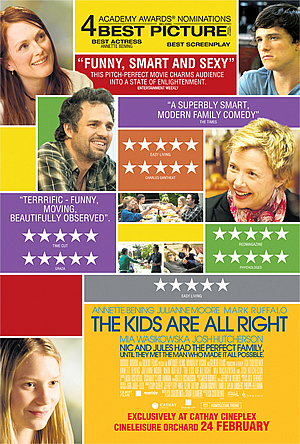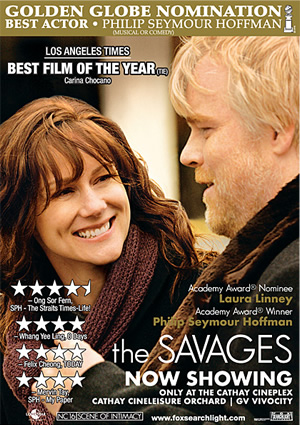THE GLASS CASTLE (2017)
Genre: Drama
Director: Daniel Cretton
Cast: Brie Larson, Naomi Watts, Woody Harrelson, Ella Anderson, Chandler Head, Max Greenfield, Josh Caras, Sarah Snook
Runtime: 2 hrs 9 mins
Rating: PG
Released By: Shaw
Official Website: https://www.facebook.com/GlassCastleFilm
Opening Day: 21 September 2017
Synopsis: Chronicling the adventures of an eccentric, resilient and tight-knit family, THE GLASS CASTLE is a remarkable story of unconditional love. Oscar(r) winner Brie Larson brings Jeannette Walls’s best-selling memoir to life as a young woman who, influenced by the joyfully wild nature of her deeply dysfunctional father (Woody Harrelson), found the fiery determination to carve out a successful life on her own terms.
Movie Review:
Imagine a composer handed all the ingredients to orchestrate what could be a dark, gritty opera piece, doesn’t do so and chooses instead to transpose the music into an irreverently optimistic humoresque score. More often than not, this is exactly how it feels like what writer-director Destin Daniel Cretton has done with The Glass Castle, a story about familial dysfunctionality that is essentially a harrowing compendium of parenting fails.
That Cretton (and co-writer Andrew Lanham) would abet the parents depicted in his film in masking blatant child negligence as shimmery free-spiritedness, and shoehorn much of the richness of its source material into the confines of a formulaic story arc – a contrived climax with an all-too-tidy resolution to a good dose of family drama – comes across as befuddling at best. At its worst, his approach comes dangerously close to being outright patronising.
In this big screen adaptation of ex- New York magazine columnist Jeanette Walls’ best-selling memoir, truth appears to be stranger than fiction as it chronicles the true story of her poverty-stricken, small-town hillbilly beginnings up to her life in the late 80’s as a made-it-good yuppie. The movie sets the stage promisingly by opening with Jeanette (Brie Larson, previously directed by Cretton in Short Term 12) in the latter phase of her life, dining alongside her financial adviser fiancé David (Max Greenfield) and two other middle-upper-class types in a fancy restaurant in the Big Apple.
Despite Wall’s slicked-back coiffure and severe clothing choices (so stuffily styled, she looks as though she might as well be running for political office), covert differences in class and pedigree manifest themselves during this initial dinner conversation, from her obvious squirminess when asked about her family background to her sardonic, straight-talking humour. Presumably, you can take the lady out of the country, but you can’t take the country of her (a fact that sort of comes full circle by the end of the film).
If it all starts off swimmingly, the tone of the film however starts veering out of kilter soon enough. Much of the film alternates back and forth between Wall’s childhood as the second of four kids leading a near-vagabond existence with their parents, as well as her present newfound life in New York as a young working adult. It’s unfortunate though that the value of this narrative style does not feel fully realised (although this storytelling approach could well be a vestige from the print source – here, this reviewer should point out he hasn’t read the original memoir). Instead of purposefully juxtaposing and building up to how the facets of both Jeannette’s adult personality and her difficult relationship with her father are influenced by her past, the extensive flashbacks often feel more like discrete, episodic expositions of horror stories.
And this movie certainly makes us sit through way too many of such childhood episodes over the slightly sluggish course of two hours. Woody Harrelson stars as Rex, daydreamer-alcoholic father, while Naomi Watts plays Rose Mary, bohemian artist and complicit enabler of her husband’s errant ways. Rex has lofty plans to build a dream house of glass for his family (the titular glass castle that captures the imagination of a young, guileless Jeanette) but has issues with drinking, seeking legitimate employment and securing a permanent home for his brood. The film tries valiantly to convince us that the couple may be unfit parents, but they still love their kids. But stopping short of inflicting actual physical violence on their kids, everything depicted points to the fact that Rex and Rose Mary are borderline psychotic child abusers.
On one occasion, Rose Mary is too occupied with completing a painting to attend to a young and hungry Jeanette, leaving the child to cook sausages on her own with disastrous consequences. In another scene, Rex decides the best way the kid can learn how to swim is to simply dunk her in the deep end of a public pool. Repeatedly. What’s frustrating is how the movie misguidedly brushes these off as some kind of colourful, non-conformist parenting style – the kind of devil-may-care bravado Hollywood loves to celebrate. After countless horror stories like these and just when it appears the Wall kids have grown impervious to their parents’ antics, a violent altercation between Rex and Rose Mary that plays out like a warped French melodrama finally convinces Jeanette that her siblings and herself need to make plans for themselves to move out as soon as they are able to.
In comparison though, the film devotes scant time showing how Jeanette saves up, completes her education, moves out from West Virginia to New York and carves out a successful career there. It’s a missed opportunity to further flesh out her character’s burgeoning ability to trump adversity as she matures. In her adulthood, the parents continue to be insufferable on several occasions (Rex challenges his prospective son-in-law David to an ungracious match of arm wrestling; Rose Mary has no qualms being a hypocrite by criticising her daughter’s bourgeois ways while eating lunch at her expense), so when a turn of events at the end attempts to persuade us to give them a free pass in the name of love and forgiveness, we struggle with the question – should we really?
And yet, strangely enough, for all of its critical flaws, this reviewer enjoyed the movie. Part of this is due to the strength of its cast. Larson’s performance as Jeanette is stirring, infusing her role with a steely stoicism and understated ferocity befitting of the latter’s complicated personal history. Chandler Head and Ella Anderson (particularly Anderson) are terrific as the younger versions of Jeanette, as are the entire ensemble playing her siblings from youth to adulthood. Watts isn’t particularly outstanding as Rose Mary, but that’s in part because her role has been written to take a backseat to that of Rex. It’s indeed Harrelson who shines through the most as the grossly imperfect, obstinate father figure, navigating both the hardened and softer aspects of his character with visible panache.
At the end of the day, there’s still something admirable about Jeanette’s ability to love her father and her adoration for his ability to dream, even if he’s portrayed as someone who’s immensely difficult to love. There’s an emotional truth about familial love, and it manages to radiate beyond the murkiness of the film’s uneven adaptation. Nobody is really perfect anyway, some possibly more deeply flawed than others, but insofar as it is possible to love our family unconditionally for who they are, then maybe there’s
Movie Rating:




(This uneven adaptation of a coming-of-age story lacks grit; however, strong performances from its cast and its universal theme about how love redeems a frayed father-child relationship should still strike a chord.)
Review by Tan Yong Chia Gabriel
You might also like:

Movie Stills
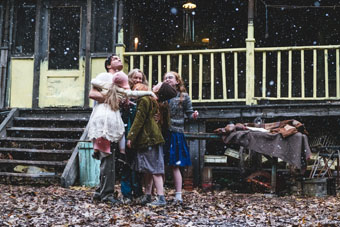
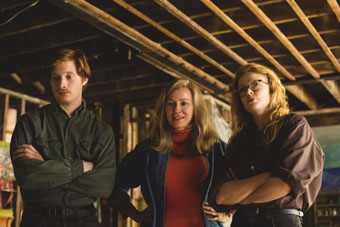
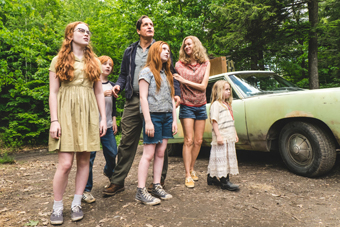
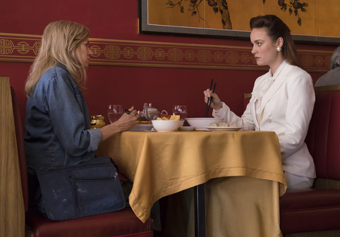
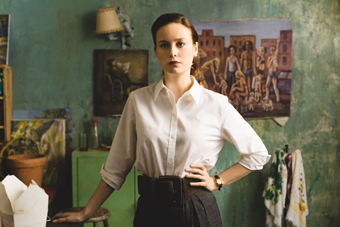

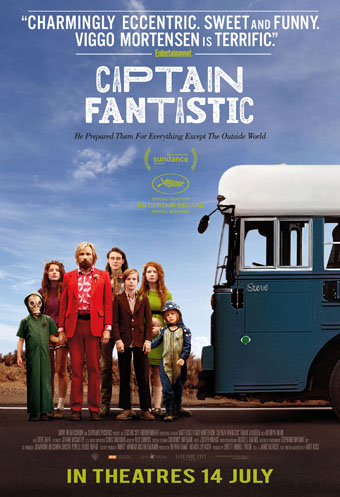
.jpg)
